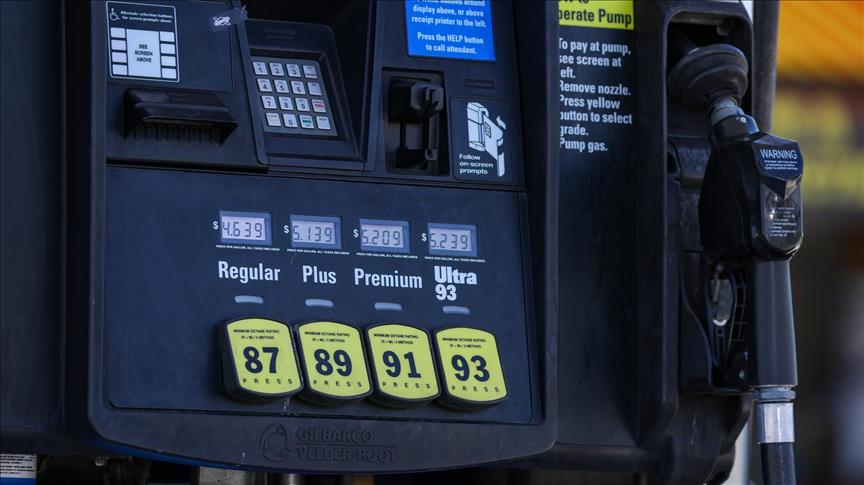Russia’s decision to ban the export of gasoline and diesel fuel could exacerbate supply concerns, leading to an increase in global diesel prices.
Russia, one of the largest global oil producers, exports nearly 900,000 barrels per day (bpd) of diesel fuel and 100,000 bpd of gasoline. Last year, the country’s diesel exports totaled 35 million tons and gasoline exports amounted to 4.8 million tons.
Both gasoline and diesel account for a sizable portion of Russia’s transportation and are heavily used in the agricultural and industrial sectors.
Although Russia ships less gasoline and diesel than it does crude oil, the export embargo before the winter and ongoing supply concerns have heightened market jitters.
Brent oil was trading at $92.70 a barrel on Thursday before Russia announced its decision to restrict the export of gasoline and diesel fuel to balance the domestic market. Following the release of news regarding the Russian export ban, Brent climbed 1.9% to $94.50 a barrel.
In the Russian market, however, the decision saw gasoline and diesel prices drop 5%.
Due to the fact that practically all of the major Russian oil corporations, including Gazprom Neft, Tatneft, and Surgutneftegaz, export diesel and gasoline, the temporary decision will have a detrimental effect on these businesses.
– Production at European and Asian refineries already insufficient
The International Energy Agency (IEA) said in a report earlier in September that refineries were having difficulty meeting increasing demand, especially for distillates.
The OPEC+ group’s ongoing oil supply restrictions, international sanctions against Russian oil, and the lower production in European and Asian refineries, which remained significantly below previous years, were all identified in the report as additional concerns associated with inadequate supplies.
Additionally, it is projected that the supply gap will expand further on the worldwide market, particularly before the winter season, as a result of the decision by Russia, one of the main exporters of diesel fuel in the world, to impose an export embargo.
Russia is a net exporter, which means that it produces more gasoline and diesel than it consumes; nonetheless, it is anticipated that the constraints would swiftly lead to a surplus on the domestic market, necessitating the decision to be temporary.
The First Deputy Minister of Energy of Russia, Pavel Sorokin, said that although the restriction is currently indefinite, it is expected to have an immediate effect on the market.
Sorokin argued that by taking these steps, the nation will be able to fully meet the needs of its farmers, who represent one of the greatest consumers of gasoline and diesel in the country.

